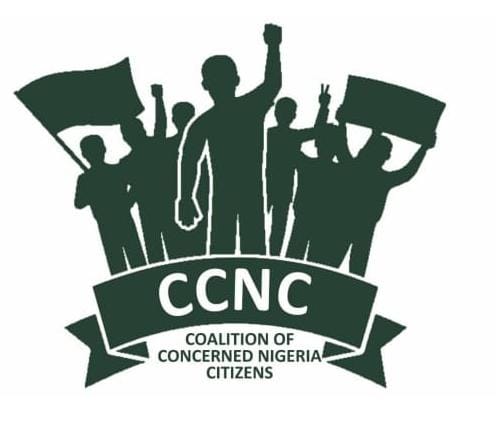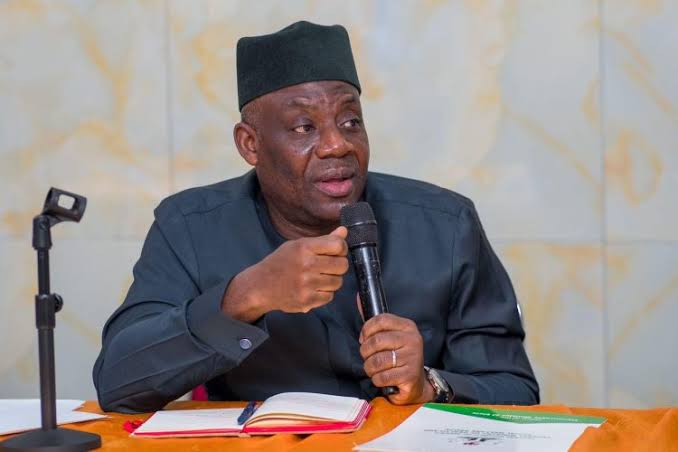In a significant ruling, a US federal judge, Terry Doughty, has restricted the Biden administration’s contact with social media companies regarding content moderation. The judge’s decision comes after Republicans accused officials of censorship while Democrats criticized platforms for failing to tackle misinformation. The lawsuit, filed by the attorneys general of Missouri and Louisiana, alleged that US officials pressured social media platforms on issues such as Covid-19 policies and election security. Judge Doughty, an appointee of former President Donald Trump, stated that the evidence presented depicts an almost dystopian scenario and likened the government’s role to an Orwellian “Ministry of Truth.”
The ruling prohibits certain government agencies, including the Department of Health and Human Services and the FBI, from communicating with social media firms over content involving protected free speech. Department of Homeland Security Secretary Alejandro Mayorkas and Cybersecurity and Infrastructure Security Agency head Jen Easterly are also restricted from contacting these platforms. However, exceptions are made for warning firms about national security risks and criminal activities. The ruling references email exchanges between White House executives and social media companies, revealing concerns about vaccine hesitancy expressed by the former White House director of digital strategy to Google.
The White House stated that it is reviewing the ruling, and the US Department of Justice will determine the next steps. The decision has sparked a debate over the responsibility of social media platforms and the government’s role in moderating content deemed false or harmful. Social media giants such as Google, Twitter, Facebook, and Instagram (Meta) have not yet responded to requests for comments on the ruling. This ruling sets a precedent for the relationship between the US government and social media platforms and has significant implications for the future of online content moderation and free speech.
Free Research Preview. ChatGPT may produce inaccurate information about people, places, or facts. ChatGPT May 24 Version
Advertisement





